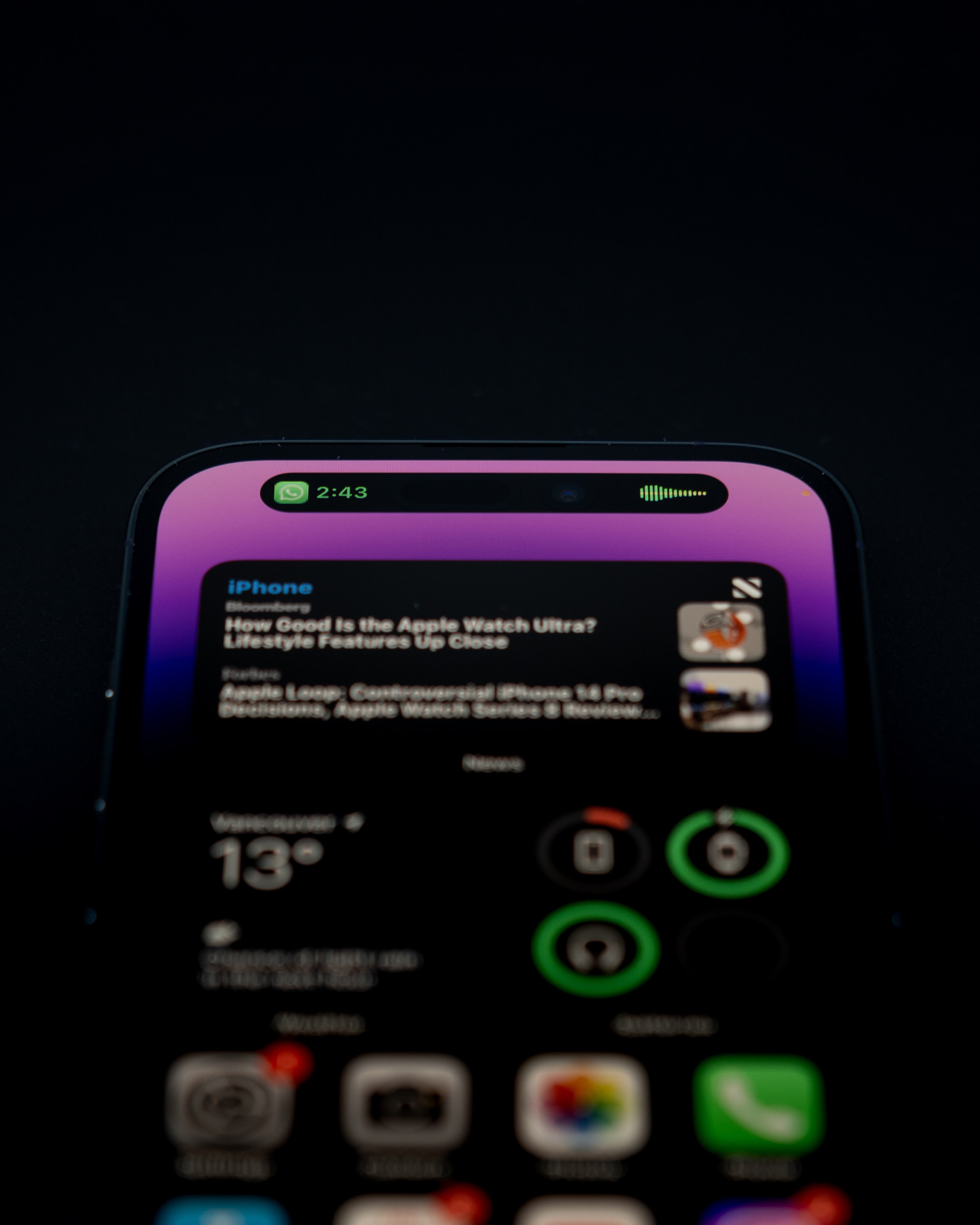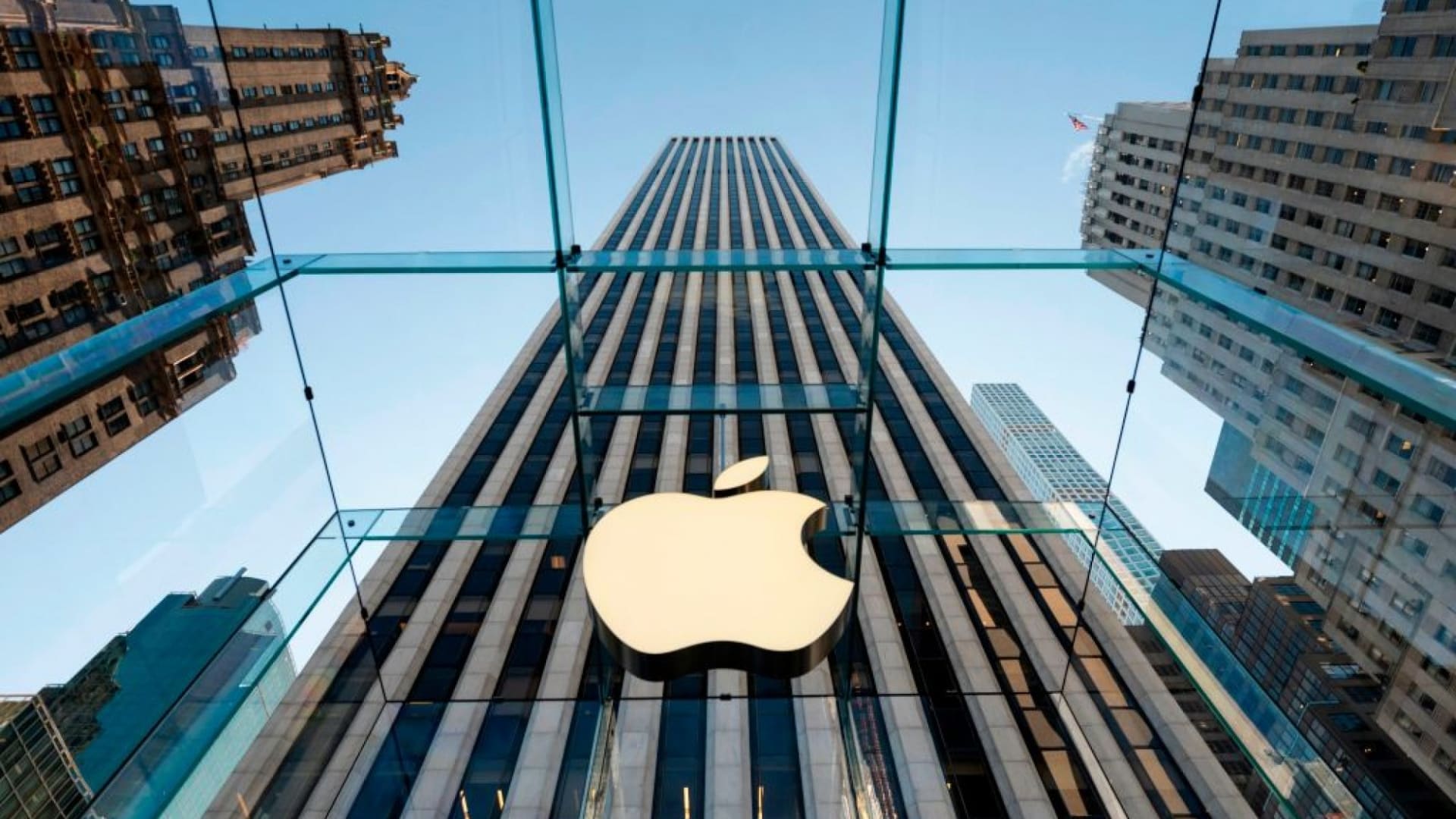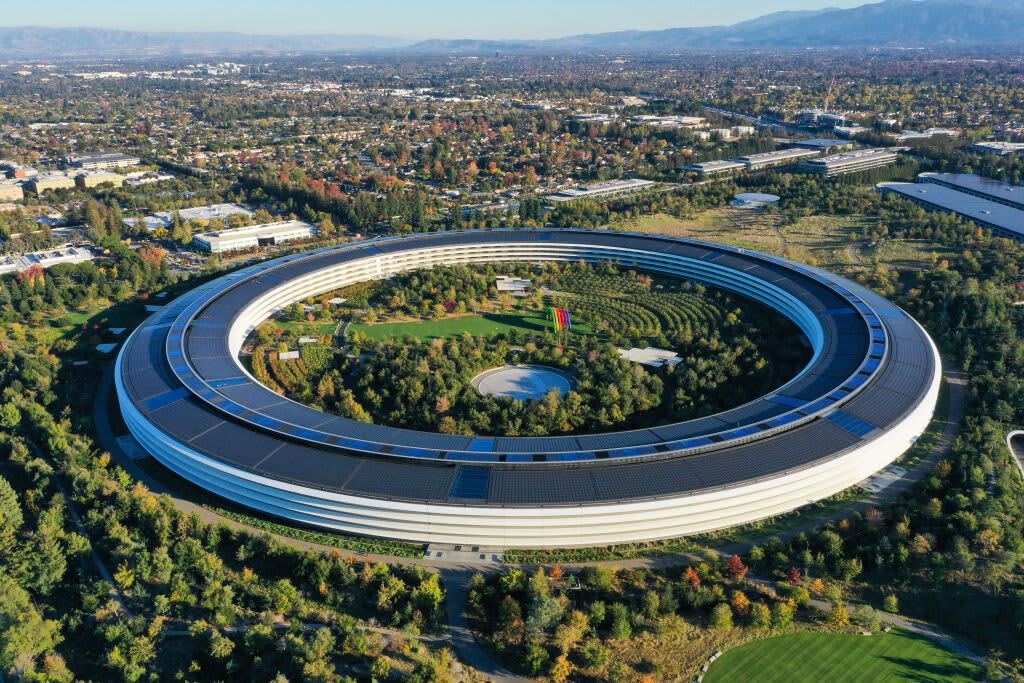Learn the best practices and tools for efficiently distributing and managing enterprise iOS apps within your organization.
Effective Management of Enterprise App Distribution on iOS: Top 10 Tips
Managing enterprise app distribution on the iOS platform can be a complex task for companies. Proper planning, organization, and adherence to best practices ensure that the process is effective, seamless, and compliant with Apple’s strict guidelines. Whether your company is deploying apps to increase productivity or improve workflows, managing this distribution process effectively is crucial. Below, we’ll discuss ten tips to help you optimize enterprise app distribution on iOS.
1. Understand Apple’s Enterprise App Distribution Program
The first step in effective management is fully understanding Apple’s Enterprise Developer Program. This program is tailored for organizations that need to deploy proprietary, custom apps internally to their employees. Unlike apps distributed through the App Store, enterprise apps are distributed outside the public store and require specific provisioning. Familiarize yourself with Apple’s documentation and understand requirements like the Enterprise Developer Account, provisioning profiles, and certificates to ensure compliance.
2. Obtain and Maintain an Enterprise Developer Account
To distribute apps within your organization, you need an Apple Developer Enterprise Program account. Acquiring this account involves a verification process, so ensure that your organization qualifies for it. Additionally, keeping this account in good standing is vital. Renew your subscription annually, track expiration dates, and strictly follow Apple’s rules to ensure your account doesn’t get terminated, which could disrupt your internal app distribution.
3. Implement a Mobile Device Management (MDM) Solution
One of the most efficient ways to handle app distribution is by utilizing a Mobile Device Management (MDM) solution. These platforms provide centralized control over app distribution, device configuration, and security policies. You can use MDM to install, update, and remove apps from employees’ devices remotely. Popular MDM solutions like Jamf, Microsoft Intune, and VMware Workspace ONE are tailored for enterprise needs and simplify the app deployment process significantly.
4. Use Ad Hoc Distribution for Testing
Before deploying enterprise apps to your entire workforce, conduct extensive testing to ensure proper functionality across various iOS devices. Ad Hoc distribution is a provisioning method that allows you to distribute the app to a limited number of specific devices. By identifying and addressing issues early through Ad Hoc testing, you can guarantee a smooth experience for your employees when the app is rolled out across the organization.
5. Regularly Update and Maintain Certificates and Provisioning Profiles
Certificates and provisioning profiles are integral to app distribution on iOS. They validate and secure app installations. However, these digital assets have expiration dates. Expired certificates or provisioning profiles can disrupt app functionality and prevent app installations or updates. Ensure that your team monitors these expiration dates closely and renews certificates proactively to avoid interruptions in app usage.
6. Prioritize App Security and Encryption
When distributing enterprise apps, prioritizing security is a must. Sensitive corporate data may be transmitted or stored within these apps, so robust encryption and data protection measures are essential. Take advantage of Apple’s built-in security features like App Transport Security (ATS) and enforce mandatory authentication methods, such as Face ID or Touch ID. Additionally, MDM solutions can help enforce security policies like remote wipe, password requirements, and app-level encryption.
7. Monitor App Performance and Analytics
Once apps are distributed, continuous monitoring is critical to maintain a high level of performance. Use analytics tools to gain insights into app usage, crash reports, and employee feedback. Tools like HockeyApp, Firebase Crashlytics, or custom telemetry frameworks can provide valuable metrics about app behavior. Regular performance evaluations will allow you to address issues proactively, ensuring better user experiences.
8. Educate Employees on App Usage and Device Policies
App deployment doesn’t end with installation. Employees must be educated on how to use the app and their responsibilities regarding device security and compliance. Provide concise training sessions, user manuals, or video tutorials to help employees adopt the app effectively. Additionally, set clear policies about using organization-provided apps and devices to avoid security breaches or misuse.
9. Adopt a Beta Testing Strategy
Incorporating beta testing into your app development lifecycle can significantly improve the quality of your enterprise apps. Use platforms like TestFlight, which is Apple’s official beta testing service. This allows you to distribute pre-release versions of your app to select users in your organization for feedback. Early beta feedback helps identify bugs, improve app features, and ensure compatibility with the latest iOS updates.
10. Plan for Scalability and Future Updates
As your business grows, so will the complexity of managing app distribution. Plan for scalability from the beginning. Ensure that the platform, tools, and strategies you’re using can adapt to an expanding user base. Additionally, update your enterprise apps regularly to introduce new features, fix security vulnerabilities, and maintain compatibility with Apple’s iOS updates. A well-defined update strategy keeps your apps relevant and functional over time.
Bonus Tips for Advanced Management of iOS App Distribution
- Automate Deployment Processes: Use Continuous Integration and Continuous Deployment (CI/CD) pipelines to automate the signing, building, and distribution of iOS apps. Tools like Fastlane can simplify this process significantly.
- Segment User Groups: Divide your workforce into segments based on roles, locations, or departments. Tailor app access and functionalities to suit the specific needs of these user groups, reducing complexity and improving effectiveness.
- Document Everything: Proper documentation of your app distribution process, security protocols, and troubleshooting steps ensures continuity and efficiency when onboarding new team members or handling emergencies.
Conclusion
Effective management of enterprise app distribution on iOS requires a blend of technical expertise, strategic planning, and adherence to Apple’s guidelines. By following the tips outlined above, organizations can ensure a seamless and secure app deployment process that enhances productivity and meets organizational objectives. Whether it’s adopting MDM solutions, monitoring app analytics, or implementing strict security protocols, each strategy plays a crucial role in the successful distribution and maintenance of enterprise apps. Stay proactive and keep up with Apple’s evolving policies to ensure your enterprise apps remain compliant, user-friendly, and secure.







